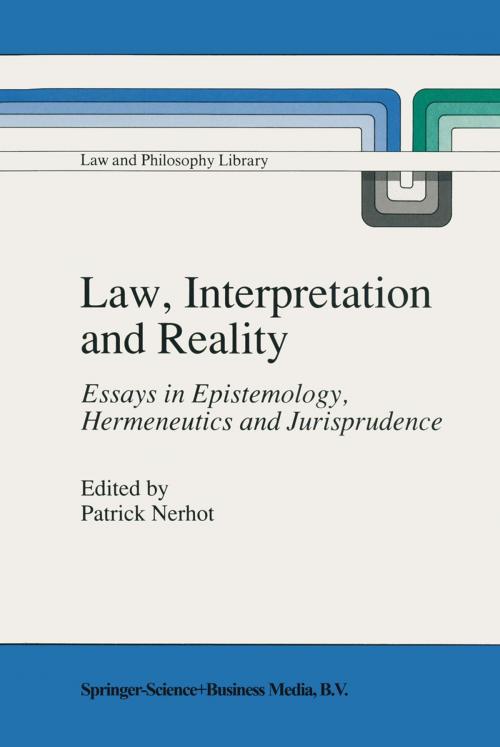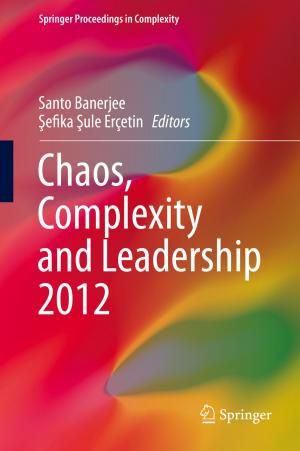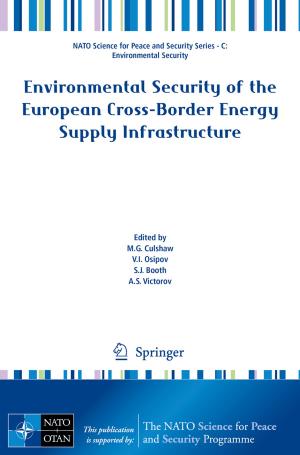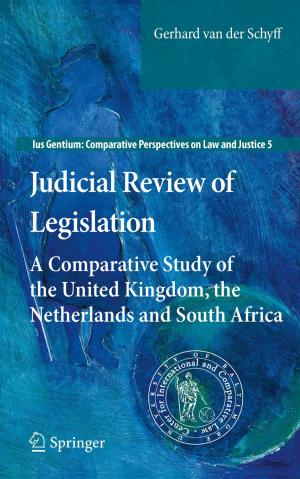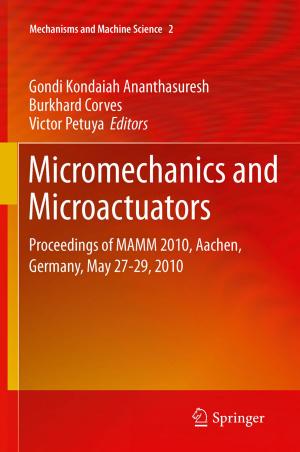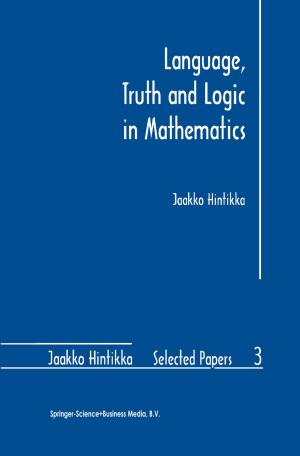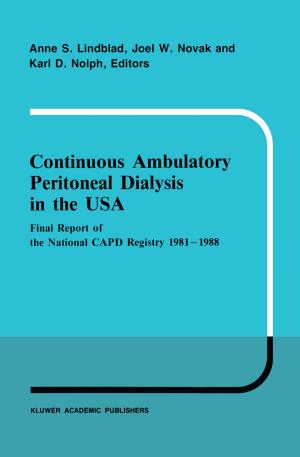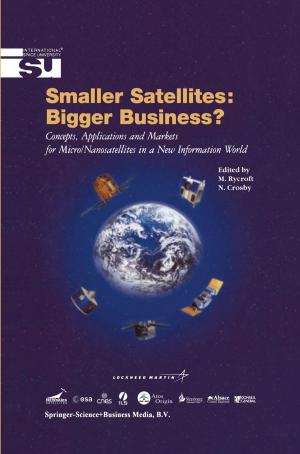Law, Interpretation and Reality
Essays in Epistemology, Hermeneutics and Jurisprudence
Nonfiction, Reference & Language, Law, Reference, Religion & Spirituality, Philosophy| Author: | ISBN: | 9789401578752 | |
| Publisher: | Springer Netherlands | Publication: | April 17, 2013 |
| Imprint: | Springer | Language: | English |
| Author: | |
| ISBN: | 9789401578752 |
| Publisher: | Springer Netherlands |
| Publication: | April 17, 2013 |
| Imprint: | Springer |
| Language: | English |
PATRICKNERHOT Since the two operations overlap each other so much, speaking about fact and interpretation in legal science separately would undoubtedly be highly artificial. To speak about fact in law already brings in the operation we call interpretation. EquaHy, to speak about interpretation is to deal with the method of identifying reality and therefore, in large part, to enter the area of the question of fact. By way of example, Bemard Jackson's text, which we have placed in section 11 of the first part of this volume, could no doubt just as weH have found a horne in section I. This work is aimed at analyzing this interpretation of the operation of identifying fact on the one hand and identifying the meaning of a text on the other. All philosophies of law recognize themselves in the analysis they propose for this interpretation, and we too shall seek in this volume to fumish a few elements of use for this analysis. We wish however to make it clear that our endeavour is addressed not only to legal philosophers: the nature of the interpretive act in legal science is a matter of interest to the legal practitioner too. He will find in these pages, we believe, elements that will serve hirn in rcflcction on his daily work.
PATRICKNERHOT Since the two operations overlap each other so much, speaking about fact and interpretation in legal science separately would undoubtedly be highly artificial. To speak about fact in law already brings in the operation we call interpretation. EquaHy, to speak about interpretation is to deal with the method of identifying reality and therefore, in large part, to enter the area of the question of fact. By way of example, Bemard Jackson's text, which we have placed in section 11 of the first part of this volume, could no doubt just as weH have found a horne in section I. This work is aimed at analyzing this interpretation of the operation of identifying fact on the one hand and identifying the meaning of a text on the other. All philosophies of law recognize themselves in the analysis they propose for this interpretation, and we too shall seek in this volume to fumish a few elements of use for this analysis. We wish however to make it clear that our endeavour is addressed not only to legal philosophers: the nature of the interpretive act in legal science is a matter of interest to the legal practitioner too. He will find in these pages, we believe, elements that will serve hirn in rcflcction on his daily work.
